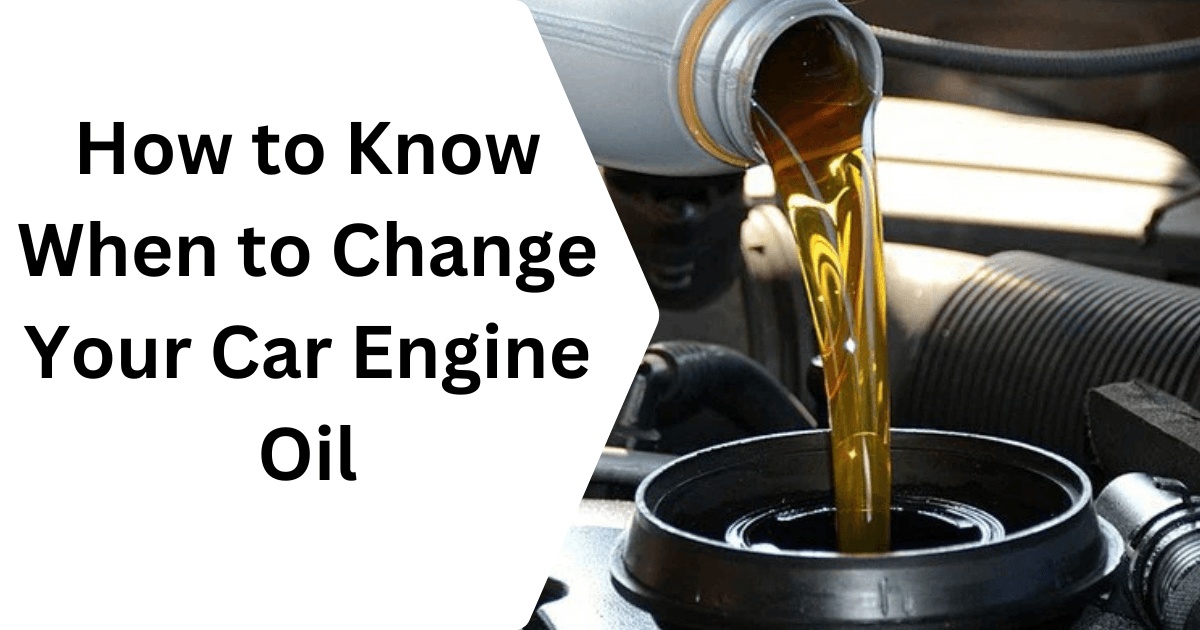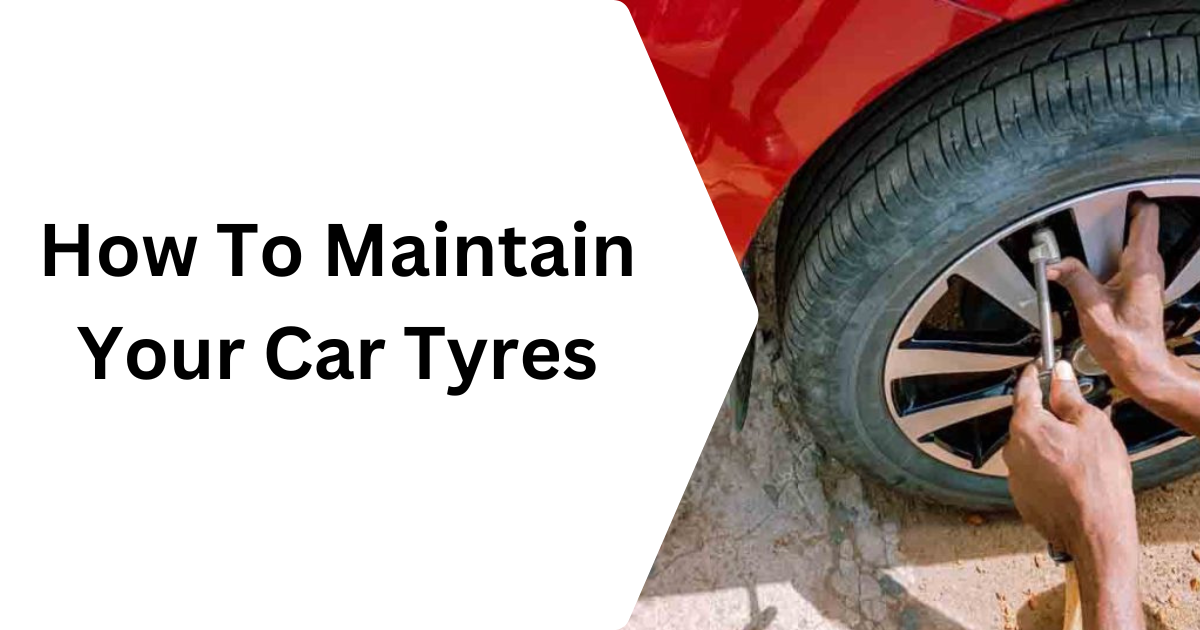Changing your engine oil regularly is important to keep your car running smoothly and protect the engine. Oil helps cool, clean, and lubricate the engine’s moving parts so they work well. Ignoring oil changes can cause serious damage, reduce your car’s performance, and lead to expensive repairs.
In this article, we’ll look at simple signs that show it’s time to change your oil. Noticing these signs early can help you protect your engine, save fuel, and keep your car in good condition.
Look for the Oil Change or Maintenance Light
Many modern cars have a dashboard light that tells you when it’s time for an oil change. This light usually comes on after you’ve driven a certain number of miles or months, based on the car’s built-in system. When you see this light, it’s an indicator that your oil needs checking and might be due for a change soon.
If the light stays on after an oil change or comes on frequently, it may indicate another issue with your car’s oil system, such as low oil pressure or a leak. In this case, it’s a good idea to get your car checked by a mechanic to make sure everything is working properly. Ignoring this light can lead to more serious engine problems, so always treat it as an important reminder.
Check the Oil’s Color
Checking the color of your engine oil can tell you if it’s time for a change. Fresh oil is usually a clear amber color, but over time, it turns darker as it collects dirt and debris from the engine. If the oil looks very dark or black when you check the dipstick, it’s a good sign that the oil may be old and ready for a change.
To check, pull out the dipstick, wipe it clean, and dip it back into the oil tank. Then pull it out again and look at the color of the oil on the dipstick. If it’s thick and dark, it’s time to replace it. Keeping an eye on the oil’s color is a simple way to make sure your engine stays clean and healthy.
Notice if the Car is Consuming More Fuel
If you notice that your car is using more fuel than usual, it could be a sign that the oil is old or dirty. When engine oil gets thick and dirty, it doesn’t lubricate the engine parts as well, causing the engine to work harder and use more fuel. This increase in fuel consumption can be a signal that your car needs an oil change.
Pay attention to how often you’re refilling the gas tank. If you find yourself filling up more frequently without any other changes in your driving habits, it’s worth checking the oil. Changing the oil can help the engine run smoothly and improve fuel efficiency, saving you money on gas.
Watch Out for Oil Smells in the Car
If you smell oil inside your car, it could be a sign of a leak or low oil levels. When oil leaks onto hot engine parts, it creates a burning smell, which you might notice while driving. This smell can mean there’s an oil problem that needs attention, like a leak or the need for an oil change.
If you notice this smell, check the oil level as soon as possible. Driving with low or leaking oil can damage the engine and lead to expensive repairs. Taking care of any oil smell early helps keep your car running smoothly and safely.
Smoke from Your Exhaust
Seeing smoke coming from your car’s exhaust can be a sign of an oil problem. If the smoke looks thick and blue or gray, it may mean that oil is leaking into the engine and burning along with the fuel. This can happen if the oil is too old or if there’s a leak in the engine.
If you notice smoky exhaust, it’s best to check your oil level and get the car looked at by a mechanic. Ignoring this smoke can lead to serious engine damage. Taking action early can prevent bigger problems and keep your engine in good condition.
Abnormal Vibrations
If you start feeling unusual vibrations when your car is idling or driving, it could be a sign that the engine oil is low or dirty. Old or low oil can make it harder for engine parts to move smoothly, causing rough movements and vibrations. These vibrations can become more noticeable when you’re stopped or accelerating.
If you feel these vibrations, check your oil level and consider changing it if it’s been a while. Fresh oil helps reduce friction and allows the engine to run smoothly. Fixing this issue early can prevent further wear on the engine and keep your car running comfortably.
FAQs
1. How often should I change my engine oil?
Most cars need an oil change every 5,000 to 7,500 miles, but this can vary based on your car model, oil type, and driving habits. Always check your car’s manual for the recommended interval and adjust if you drive in extreme weather or stop-and-go traffic often.
2. What happens if I don’t change my oil on time?
If oil isn’t changed regularly, it can get dirty and thick, which makes the engine work harder. This extra strain can lead to overheating, reduced performance, and even engine damage, resulting in costly repairs. Regular oil changes keep the engine running smoothly and prevent these problems.
3. Can I just top off the oil instead of changing it?
Topping off the oil is a temporary fix if you’re low, but it doesn’t replace old, dirty oil. Over time, oil collects dirt and loses its ability to protect the engine. An oil change removes the old oil and adds fresh, clean oil, which is essential for proper engine care.
4. How do I check the color and level of my oil?
To check your oil, pull out the dipstick, wipe it clean, dip it back into the tank, and pull it out again. Fresh oil is usually clear or amber, while dark, gritty oil needs replacing. Make sure the oil level is between the “min” and “max” marks on the dipstick for safe engine operation.
Changing your car’s oil on time helps keep it running smoothly and avoids big repair costs. Look out for these six signs to know when it’s time for a change. Taking care of your oil means a longer life for your car and safer drives!




